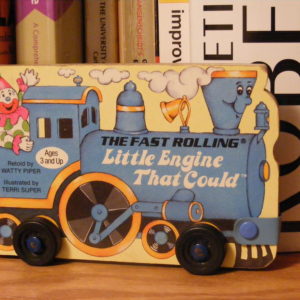“What ideas and strategies do you suggest to assist small local businesses navigate through the economic strain of COVID reality?”
The question stood at the top of a list assembled by my host during a recent Zoom-delivered economic outlook presentation to a Rotary Club.
In my remarks, I had talked about the coronavirus economy and how the pattern of economic activity was being driven by the vagaries of the virus itself.
Coining the phrase “eddy-current economy,” I suggested that GDP growth seemed caught in a pattern of uncertainty, making it hard to determine if the economic tide was rising or falling. Based on my review of data that day, the bottom line suggested we would see the end of this recession long about 2021’s second quarter.
Somehow it was easier for me to talk about employment growth, the surprisingly accelerating U.S. construction sector, the still-serious challenges faced by the airline industry, and the almost-underwater condition of the accommodations sector than it was to offer up practical advice to small business owners struggling with costs that won’t go down and revenues that refuse to go up.
After all, GDP, employment and market analysis is an economist’s stock in trade.
But there the question stood, at the top of the audience-assembled list. It would not go away. I had asked for the questions, and promised that I would address each one.
Reaching back to the previous century when I was in the industrial machinery business, I told the Rotary members that in my 15-year experience in the 1950s and 1960s, my firm experienced its share of ups and downs, too. Although we weathered some serious recessions, I had seen nothing like the virus.
Back in those days, when told that a recession was on the way, I would try to respond by saying that given the choice, our business would not participate, that our competitors would have to face the tougher times alone.
Here’s what I mean by that: Experiencing a recession is to some degree a matter of choice, especially for small firms that can adapt quickly. Instead of going with the flow, my business team would go against the tide.
We would extend our hours of service, improve our technical support, add new offerings to our lines of machinery and, at the end of each work day, make one more customer contact after what we normally thought of as our last one. Sometimes the strategy seemed to help. We kept the doors open in some rough times.
But in 2020, we find an underlying, fundamental message that applies to coronavirus challenges and to all the others we face in life. Individuals and their colleagues who believe in themselves, and who — even while acknowledging short-term realities — refuse to be pessimistic about the future, are more likely to succeed than those who wear sack cloth and ashes.
This was the final thought that I tried to leave with the Rotarians that day.
So, what ideas and strategies do I suggest to assist small local businesses navigate through the economic strain of COVID reality?
I offer a sincere and straightforward answer: Get a copy of Watty Piper’s famous book, “The Little Engine that Could,” and read it… aloud. And if you have the opportunity, read the book to a grandchild, niece or nephew.
I think I can! I think I can! The strategy will help small (and large) businesses — and everyone else — navigate these troubled waters.
Pass the word.

